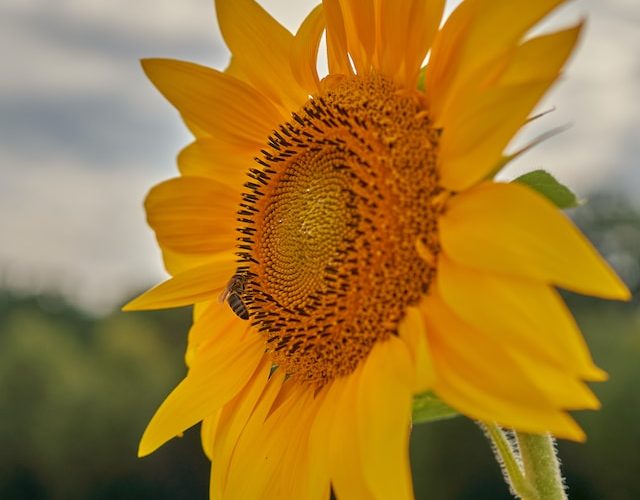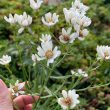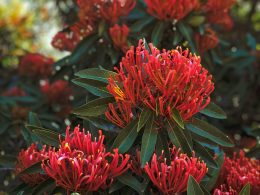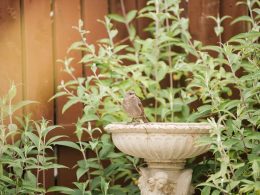Introduction:
In recent years, there has been a growing interest in organic sustainable gardening practices. Many people are now opting to grow their own food, not only to ensure its freshness but also to promote a healthier lifestyle. If you’re considering starting a sustainable garden, it’s important to choose the right edible plants. In this article, we will explore the benefits of organic gardening and provide a guide to selecting the healthiest plants for your garden.
1. Understanding Organic Gardening:
Organic gardening is a method of growing plants without the use of synthetic fertilizers, pesticides, or genetically modified organisms (GMOs). Instead, organic gardeners rely on natural methods to nourish and protect their plants. This approach not only benefits the environment but also ensures that the food produced is free from harmful chemicals.
2. The Benefits of Organic Gardening:
a. Healthier Food: By growing your own food organically, you have control over what goes into your plants. This means you can avoid pesticides and other chemicals commonly used in conventional farming, resulting in healthier and safer food for you and your family.
b. Environmental Sustainability: Organic gardening promotes biodiversity and reduces the negative impact on the environment. By avoiding synthetic chemicals, organic gardeners help protect pollinators, soil health, and water quality.
c. Cost Savings: Growing your own food can save you money in the long run. Organic produce can be expensive, but by growing it yourself, you can significantly reduce your grocery bills.
3. Choosing the Right Edible Plants:
a. Native and Adapted Varieties: Selecting plants that are native to your region or well-adapted to your climate is crucial for their success. These plants are more likely to thrive in your garden without the need for excessive watering or chemical intervention.
b. Disease and Pest Resistance: Look for plant varieties that have natural resistance to common diseases and pests. This will reduce the need for chemical treatments and make your garden more sustainable.
c. Nutrient-Rich Plants: Choose edible plants that are packed with essential nutrients. Leafy greens like kale, spinach, and Swiss chard are excellent choices, as they are rich in vitamins and minerals. Additionally, herbs like basil, parsley, and cilantro are not only flavorful but also offer numerous health benefits.
d. Perennial Plants: Incorporating perennial plants into your garden is a great way to ensure a continuous supply of food year after year. Perennials like strawberries, raspberries, and asparagus require less maintenance and provide a sustainable source of fresh produce.
4. Starting Your Sustainable Garden:
a. Soil Preparation: Before planting, ensure that your soil is healthy and fertile. Organic matter, such as compost, can improve soil structure and provide essential nutrients for your plants.
b. Companion Planting: Companion planting involves growing different plants together to benefit each other. For example, planting marigolds alongside tomatoes can help repel pests. Research companion planting techniques to maximize the health and productivity of your garden.
c. Water Conservation: Implementing water-saving techniques, such as mulching and drip irrigation, can help conserve water in your garden. This not only reduces water waste but also promotes healthier plant growth.
Conclusion:
Creating a sustainable garden is a rewarding and fulfilling endeavor. By choosing organic and fresh edible plants, you can ensure that your garden is not only environmentally friendly but also provides you with healthy and nutritious food. Remember to select plants that are well-suited to your region, disease-resistant, and nutrient-rich. With proper care and attention, your sustainable garden will flourish, providing you with a bountiful harvest for years to come.












